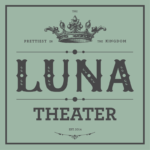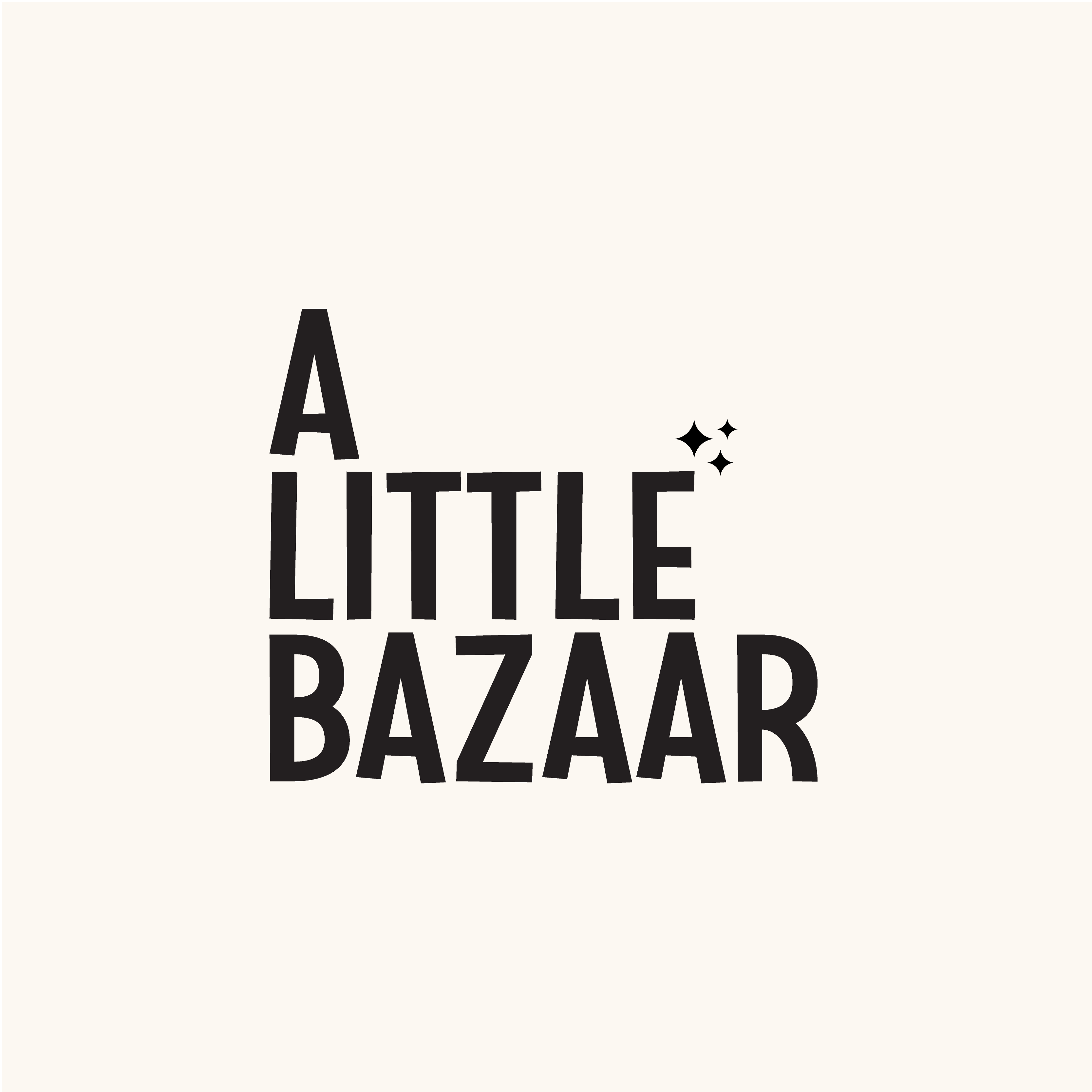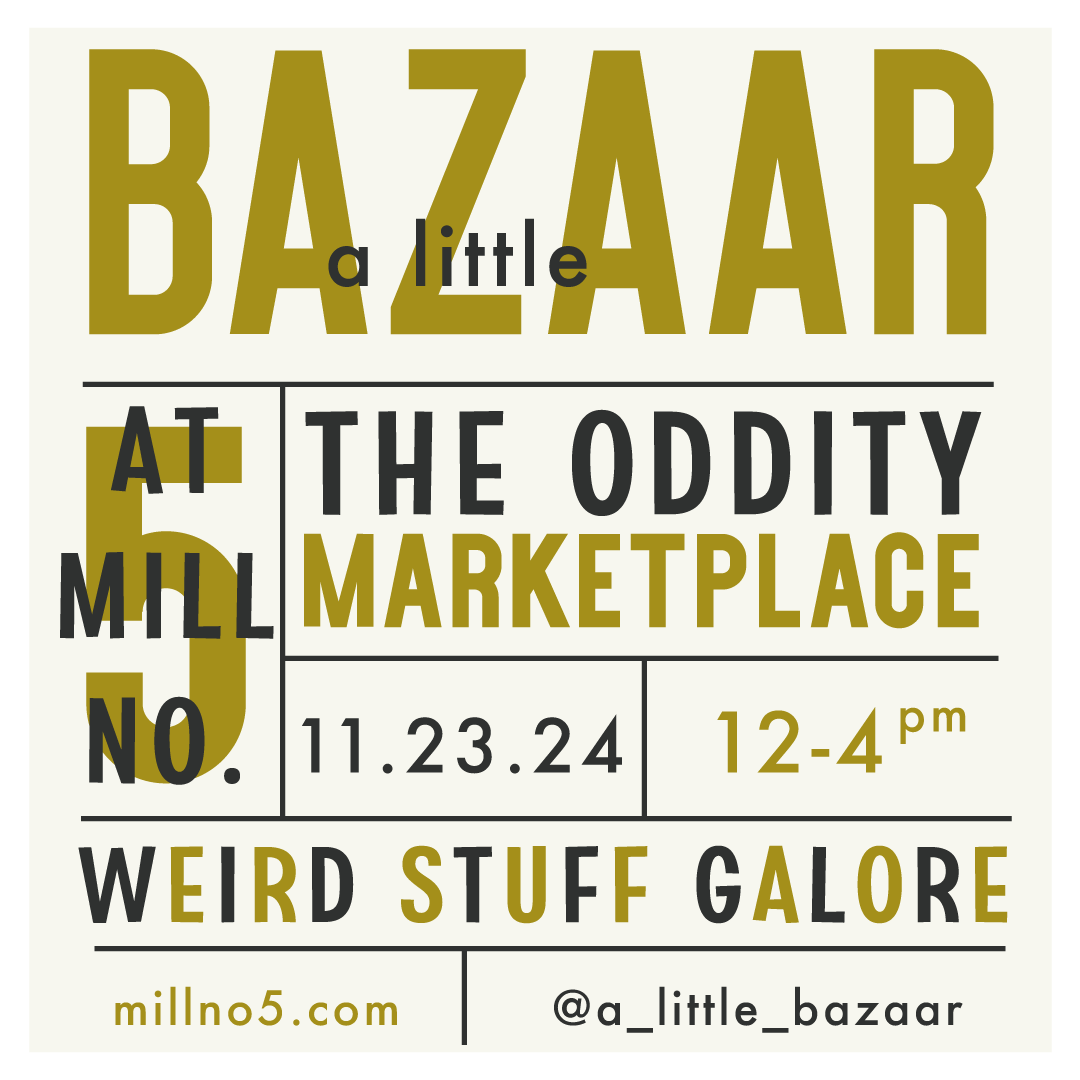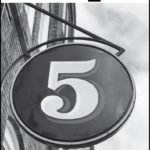The Bees are here
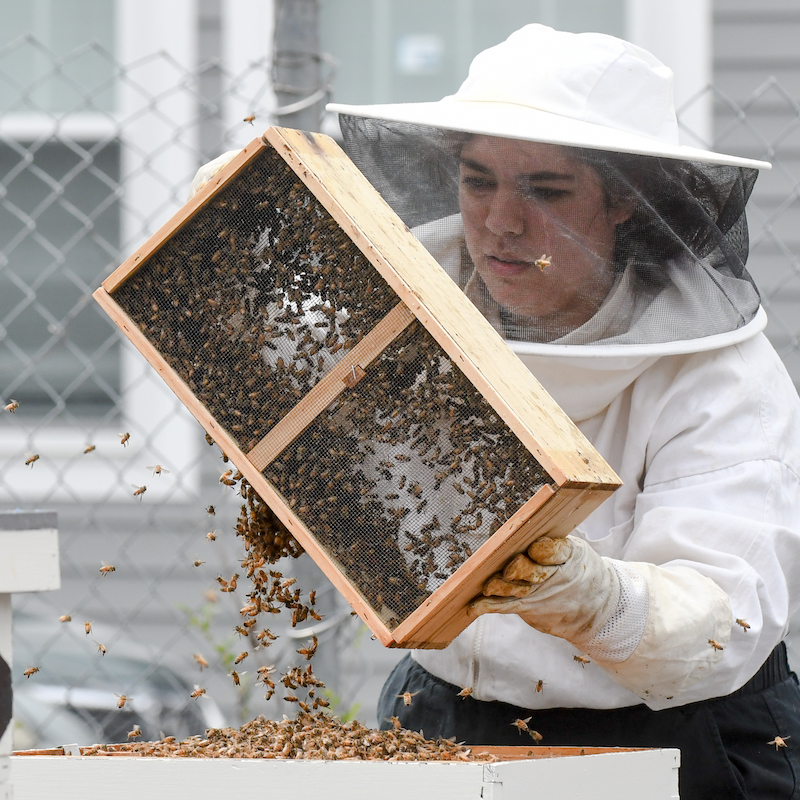
The bees are here!
Red Antler Apothecary recently installed two honeybee hives on their apothecary farm across from Mill No. 5 on Middlesex Street. The installation of new hives is generally carried out in early spring so the colony can then grow strong throughout the rest of the spring and summer, before the long cold New England winter sets in. For the next few weeks, Melissa Fedorchuk, apiary manager for Red Antler, will be continuously surveying the hives to ensure that the colony is growing and the bees are free from disease. Each of the hives at the urban farm houses a Queen and her worker bees. The workers collect nectar and pollen and help the Queen produce eggs in order to grow the colony. The bees live in two brood boxes, or “deep supers”, and as the colony begins to produce more honey additional boxes, or “medium supers”, will be added to store it. If the hive is strong then honey can be collected in either August or September and then again just before the winter.
Melissa has been working with bees for so long, she can taste the difference between good honey and bad. She finds that having such a variety of flowers available to the honeybees makes them hardier, but it also brings a more intriguing taste to the honey and creates a superior product. As with humans, living on a diet of one or two food items does not provide enough nourishment for healthy growth and sustainability.
“We strive to use a biodynamic model and organic practices and the bees have an incredible variety of sources from which to gather their nectar and their pollen. For example, they will collect from the flowers by the Merrimack River and the Mulberry tree on the National Park Property and from our urban garden, all of which exist without pesticides,” says co-owner of Red Antler Apothecary, Rachel Chandler. Pesticides have been proven to be a major cause of colony collapse. Urban backyard gardens are less likely to be filled with chemicals and pesticides so these urban bees have a greater chance of survival, and their honey will contain fewer traces of pesticides for human consumption.
Because Red Antler is an apothecary farm with bees and not an apiary with herbs, the honey is added directly to their natural products and they rarely have a surplus of honey to sell in liquid form. One of the shop’s best sellers is Honey Cream, a blend of honey, oils, and butters to moisturize the skin. Other products containing honey include Beauty & The Beets Sugar Rub for glowing skin; Shaman Balm for cuts, scrapes, and burns; and, Sweet Melissa Soap (named after Melissa herself.)
Rachel continues, “When you see the bees out and about, just remember that these bees are meant to be foragers, a gentle wave will move the bees out of your way. They are not aggressive and will not hurt you like other species, like a wasp or a yellow jacket.”
Throughout the summer they plan on opening the Apothecary Garden to the public to allow time for asking questions and to see the progression of the hives.
Sign up to receive their newsletter at redantlerapothecary.com; stay updated on events and learn more about the science behind and ingredients within their products.

